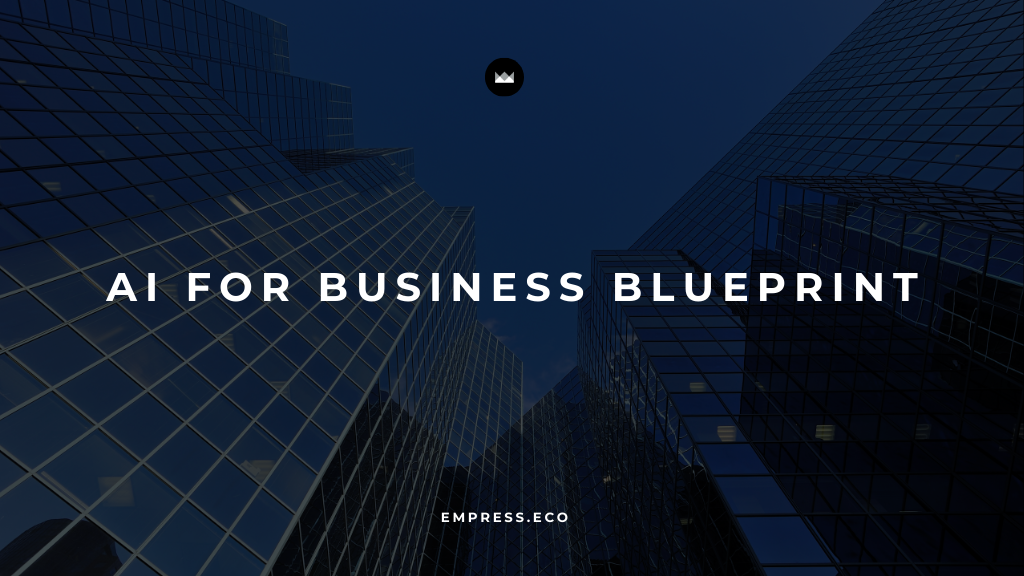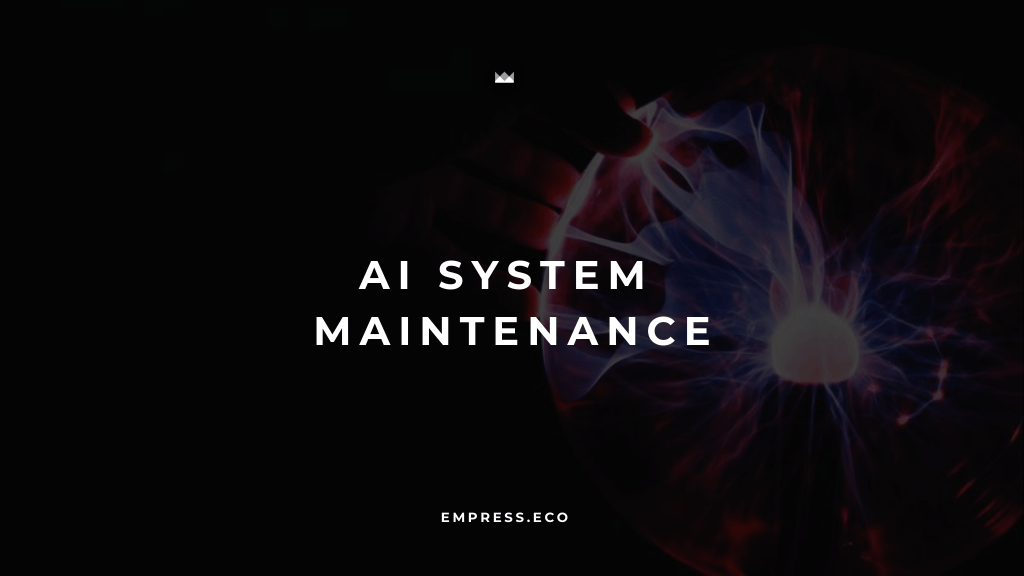Artificial intelligence (AI) is revolutionizing operations by streamlining workflows, enhancing efficiency, and driving innovation. By automating repetitive tasks and providing data-driven insights, AI enables businesses to focus on strategic initiatives and achieve sustainable growth. This blog explores real-world examples and success stories of AI implementation, highlighting its transformative impact on various industries.
The Role of AI in Streamlining Business Operations
AI's automation capabilities are reshaping business processes across multiple sectors. By leveraging machine learning algorithms and intelligent automation tools, businesses can optimize their operations, reduce costs, and improve overall productivity. AI-powered tools can handle mundane and repetitive tasks such as data entry, invoice processing, and customer service inquiries. This automation frees up valuable time for employees to focus on more strategic and creative tasks. For example, Maia, a leading AI and automation agency, specializes in optimizing and automating processes to enhance performance and drive growth. By automating tasks efficiently, Maia allows businesses to use insights for growth and achieve their strategic objectives.
AI enables businesses to analyze vast amounts of data quickly and accurately, providing actionable insights that inform strategic decisions. This data-driven approach enhances decision-making processes and helps businesses stay ahead of market trends. Maia's AI development services offer custom solutions and seamless integration, ensuring businesses can leverage AI to make informed decisions and proactively address potential challenges. Furthermore, AI-driven chatbots and virtual assistants provide personalized customer support, improving response times and customer satisfaction. These AI tools can handle a wide range of customer inquiries, ensuring a seamless and efficient customer experience. Maia's approach to AI development includes building advanced AI experiences that enhance customer engagement and discover new opportunities for growth.
Real-World Examples of AI Success Stories
Healthcare: Revolutionizing Diagnosis and Treatment
AI is transforming healthcare by enhancing diagnostic accuracy and treatment efficiency. For instance, AI algorithms can analyze medical images to detect diseases such as cancer at early stages. This early detection allows for timely intervention and improves patient outcomes. A notable example is IBM Watson Health, which uses AI to assist doctors in diagnosing and treating complex medical conditions. By leveraging AI, healthcare providers can offer more precise and effective treatments, ultimately saving lives and improving the quality of care.
Manufacturing: Optimizing Quality Control and Maintenance
In the manufacturing sector, AI is used to optimize quality control and predictive maintenance. AI-powered image recognition systems can identify defects in products with high precision, ensuring that only high-quality items reach the market. Additionally, AI-driven predictive maintenance systems analyze data from machinery to predict when maintenance is needed, reducing downtime and maintenance costs. Siemens, for example, uses AI to enhance its manufacturing processes and improve operational efficiency. By implementing AI, manufacturers can achieve higher standards of quality, reduce waste, and enhance overall productivity.
Retail: Enhancing Inventory Management and Customer Insights
Retailers are leveraging AI to optimize inventory management and gain deeper customer insights. AI algorithms can predict customer demand, ensuring that inventory levels are optimized to meet market needs without overstocking. Additionally, AI-driven analytics provide retailers with insights into customer preferences and buying behaviors, enabling personalized marketing strategies. Amazon's use of AI for inventory management and personalized recommendations is a prime example of this application. By integrating AI, retailers can improve their supply chain efficiency, reduce costs, and offer a more personalized shopping experience to their customers.
Finance: Automating Fraud Detection and Risk Management
In the financial sector, AI is revolutionizing fraud detection and risk management. Machine learning algorithms can analyze transaction patterns to identify suspicious activities and prevent fraud. AI also enhances risk management by providing real-time insights into market trends and financial risks. JP Morgan Chase, for instance, uses AI to analyze financial transactions and detect fraudulent activities, ensuring the security of its financial operations. By adopting AI, financial institutions can protect their assets, minimize risks, and enhance the trust of their clients.
Overcoming Challenges in AI Implementation
As AI systems process large volumes of data, ensuring data privacy and security is paramount. Businesses must implement robust data protection measures and comply with regulations such as GDPR to maintain customer trust and safeguard sensitive information. Maia prioritizes data privacy and security in all its AI solutions, ensuring that clients can leverage AI without compromising on data protection.
The integration of AI raises ethical concerns, such as algorithmic bias and transparency. Companies must develop ethical guidelines and ensure that AI systems operate fairly and transparently to avoid unintended consequences. Maia is committed to ethical AI development, providing solutions that are transparent, fair, and aligned with best practices in AI ethics. To fully leverage AI's potential, businesses must invest in training their workforce to adapt to new technologies. Continuous learning and upskilling initiatives are essential for employees to effectively collaborate with AI systems and drive innovation. Maia supports clients in workforce training, ensuring that employees are equipped with the skills needed to maximize the benefits of AI.
Case Studies: Successful AI Implementations
Aon Italy: Streamlining Professional Services
Aon Italy implemented AI to automate routine tasks, easing the workloads of its 1,600 employees. This automation allowed the company to focus on more strategic initiatives, enhancing overall productivity and efficiency. By streamlining workflows with AI, Aon Italy was able to improve service delivery and achieve higher levels of client satisfaction.
Cobmax Sales Center: Reducing Report Completion Time
Cobmax Sales Center in Brazil used AI to reduce the time required to complete client reports from 2-3 days to just one day. This significant improvement in efficiency allowed the company to serve its clients more effectively and improve customer satisfaction. By leveraging AI for report generation, Cobmax was able to streamline its operations and allocate more resources to strategic tasks.
Conclusion
AI is transforming business operations by streamlining workflows, enhancing efficiency, and driving innovation. Real-world examples from various industries demonstrate the profound impact of AI on optimizing processes and achieving sustainable growth. By addressing challenges related to data privacy, ethics, and workforce training, businesses can harness the full potential of AI to achieve long-term success.
As the digital landscape continues to evolve, embracing AI-driven automation will be crucial for maintaining a competitive edge and driving business growth. Maia is dedicated to transforming businesses with innovative AI-driven automation solutions. Our mission is to empower organizations by streamlining operations, enhancing efficiency, and driving sustainable growth. With Maia, you can achieve your strategic objectives and thrive in an increasingly competitive landscape.
Start exploring AI solutions today to unlock new opportunities for efficiency and innovation in your organization. Join us in making a positive impact for future generations through AI-driven solutions.



